Delivery workers say latest NYC e-bike safety bills don't give enough support
March 29, 2023, 11:01 a.m.
The crackdown comes amid an increase in fire-related incidents, which have at times been fatal.
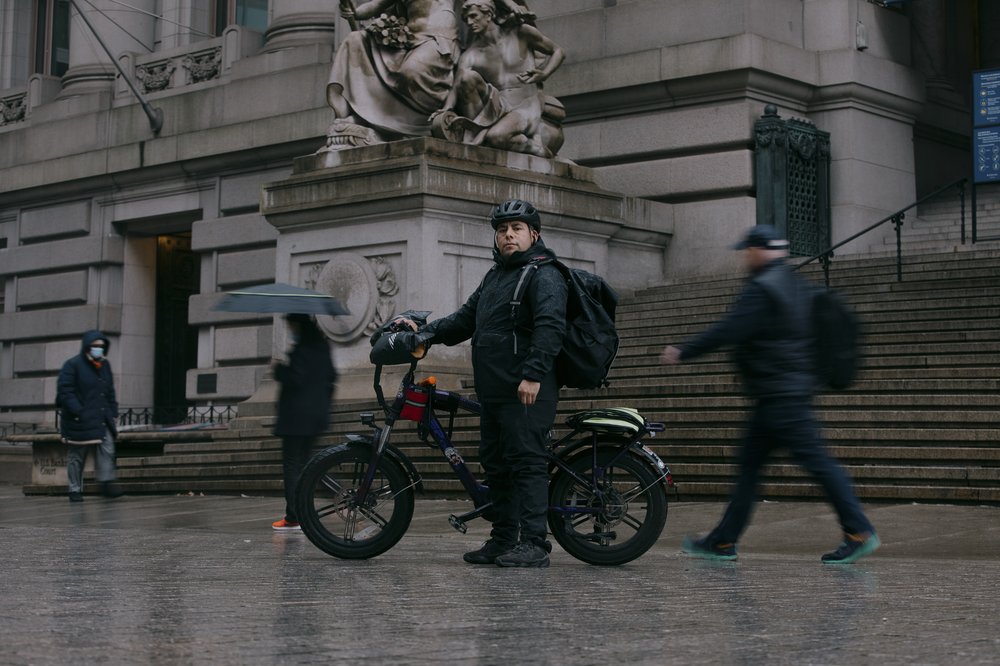
Elected leaders are cracking down on e-bike batteries amid a surge in fires, but while most delivery workers support increased safety protocols, they say it's too expensive to purchase batteries that meet the proposed standards — and that government is not doing enough to support them.
“We are New Yorkers, too,” said Gustavo Ajche, who works in construction during the day and delivers food on his Arrow 10 e-bike in the evenings. “We live here. We are scared when we hear about fires caused by a battery with cheap quality.” Ajche delivers food for GrubHub and DoorDash for 12 hours on the weekends.
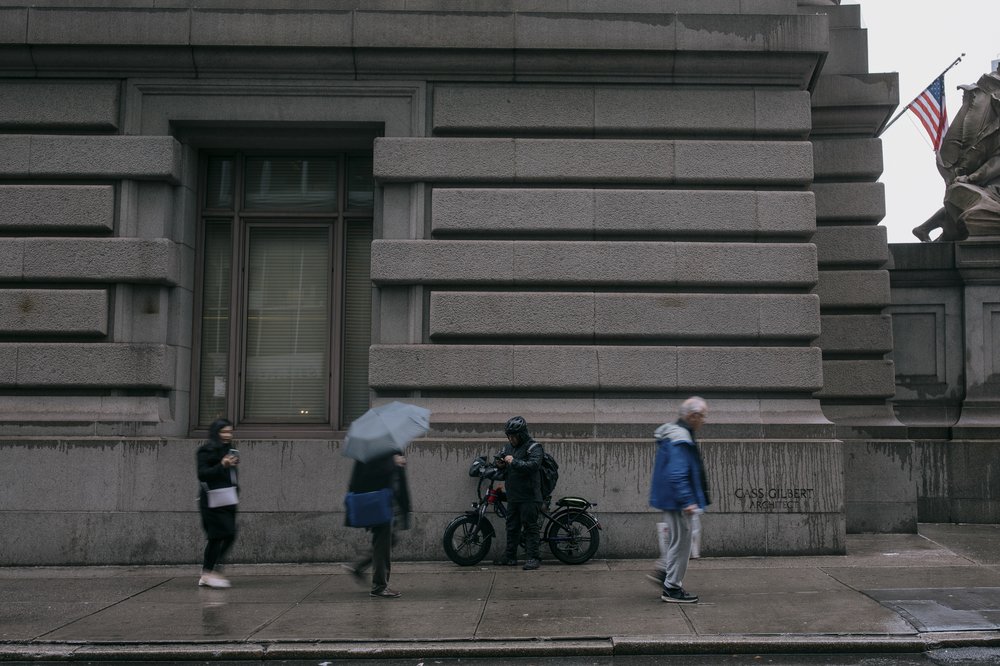
Delivery workers rely on e-bikes to travel further and faster to meet the demands of the industry, but explosions from lithium-ion batteries caused 220 fires last year, up from 44 fires in 2020, according to city data, leading to 10 deaths and 226 injuries. City officials have said these types of fires are difficult to extinguish, as they spread quickly and release noxious fumes.
Last week, Mayor Eric Adams signed a package of bills passed by the City Council that include a ban on battery devices that fail to meet safety standards from being sold or rented in the city. He also announced his “Charge safe, Ride safe” plan that will bring safe e-bike charging and storage stations across the city, including at NYCHA buildings.
“Faulty versions of these e-bikes and e-scooters and illegal electric mopeds are being leased, rented and sold to New Yorkers,” Adams said last week. “Many of these devices do not meet the basic safety standards and contain uncertified lithium-ion batteries. That's the heart of this problem. And they're causing fires and explosions.”
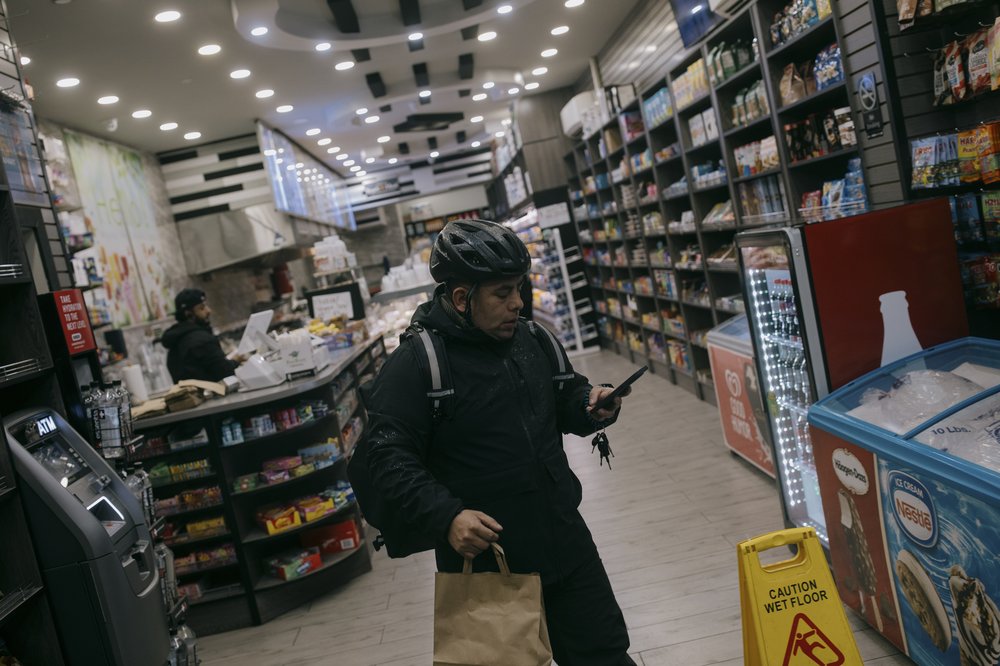
But fewer than 10% of e-bikes sold in New York City meet those safety standards and most are expensive — some selling for up to $2,500 — according to Los Deliveristas Unidos, a collective of food delivery workers.
Without a transition plan to ensure delivery workers can afford certified batteries, a gray market will emerge as the only accessible option, said Ligia Guallpa, executive director of Workers Justice Project, which organized Los Deliveristas Unidos in 2020.
Guallpa proposed that the city issue a mandated “safety surcharge” tax on delivery app companies that would create a fund to help workers purchase certified batteries, which are more expensive but safer.
“Let’s share the responsibility with the apps that are forcing deliveristas to use batteries to meet their brutal delivery demands,” she said.
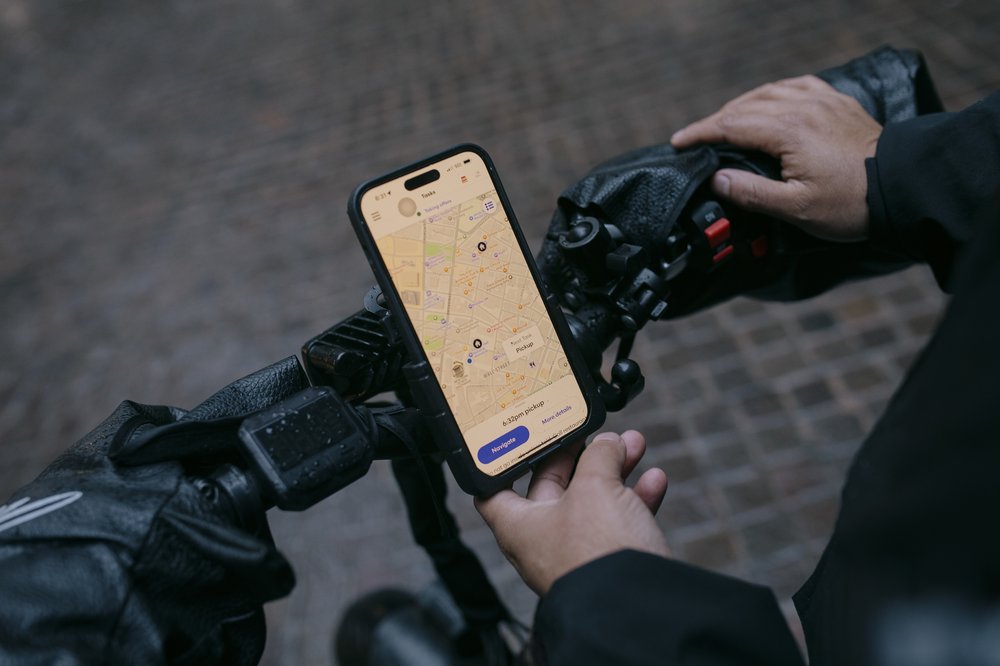
Full-time delivery workers must invest around $2,500 or $3,000 just to start out, according to Ajche. Most rely on tips from food delivery apps, which Guallpa said makes it difficult for deliveristas to make the investment.
One battery usually lasts between four and six hours and most deliveristas work 12-hour shifts.
“I think they have to trace back the problem to support delivery workers because can you imagine that — just one battery costs almost $700 and most delivery workers use two batteries to be all day in the street,” Ajche said.
Delivery workers take the risk of storing their e-bikes in their homes out of necessity because there is a lack of infrastructure like safe charging stations and parking lots in New York City, Guallpa said.
City Councilmember Oswald Feliz sponsored the bill to ban batteries that did not meet safety standards but did not immediately respond to a request for comment.
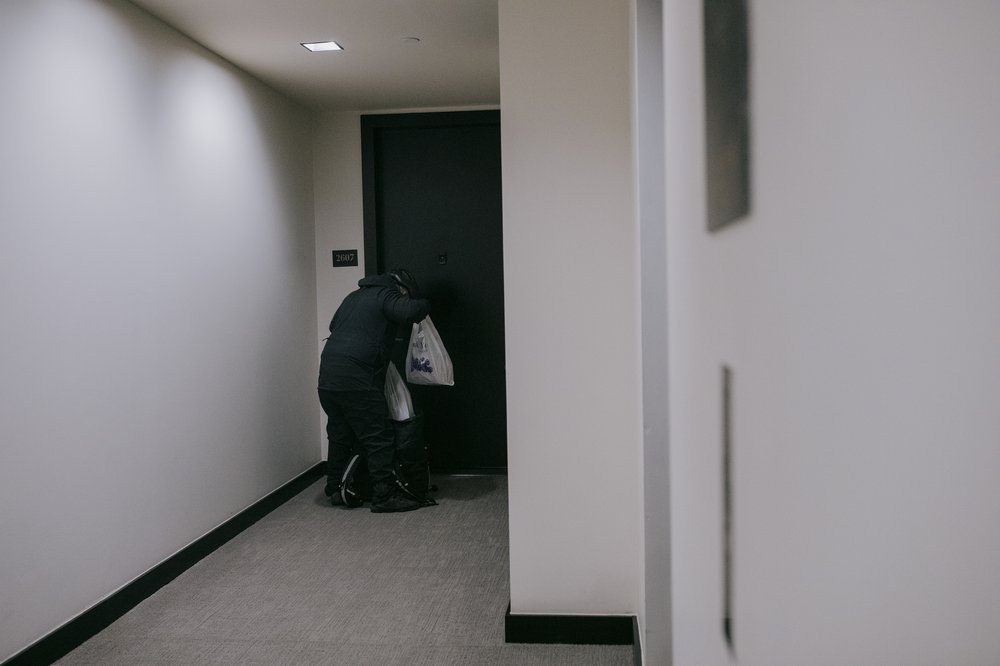
Congressional leaders have also signed onto the cause.
Rep. Nydia Velazquez introduced a bill that would require the federal government to fund publicly accessible safety charging stations for e-bikes and e-scooters for New York and other municipalities, removing potentially exploding batteries out of people’s homes.
“Lithium-ion battery fires are creating a crisis in New York City,” Velazquez said in a statement. “We need a whole government approach to address this issue. At the same time, we must avoid policies that overregulate e-bikes and other micromobility devices, increasing their prices and harming deliveristas’ ability to earn a living.”
Rep. Ritchie Torres also introduced a bill that would require the Consumer Product Safety Commission to establish a final consumer product safety standard for lithium-ion batteries used in e-bikes and e-scooters to reduce the risk of fires.
“The time has come for the federal government to act because this problem is not isolated to just New York. We must work to create and implement national safety standards for lithium-ion batteries in order to protect people and places from unreasonable risk, serious injury or damage, and/or death,” Torres said in a statement.
Last year, the Consumer Product Safety Commission called on more than 2,000 manufacturers of e-bikes, e-scooters and other electric mopeds to establish voluntary UL safety standards. The commission said they received reports of 208 fires from 39 states that caused 19 deaths between January 2021 and November 2022.